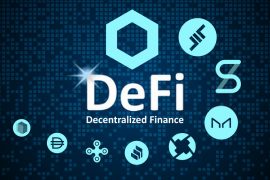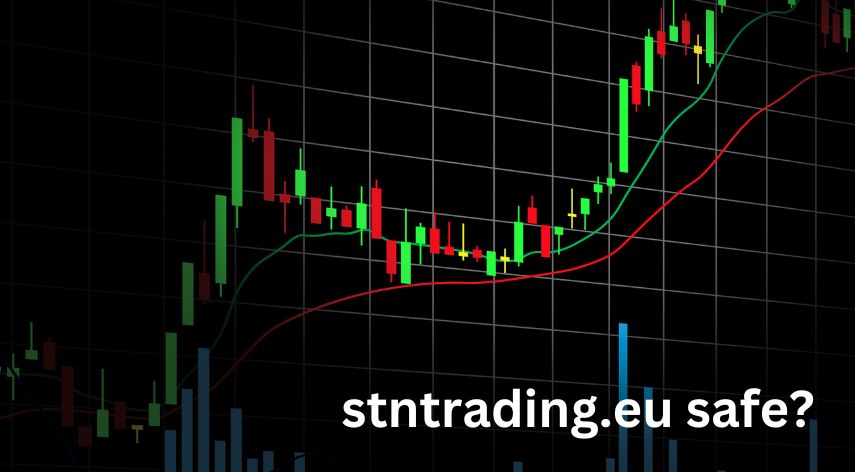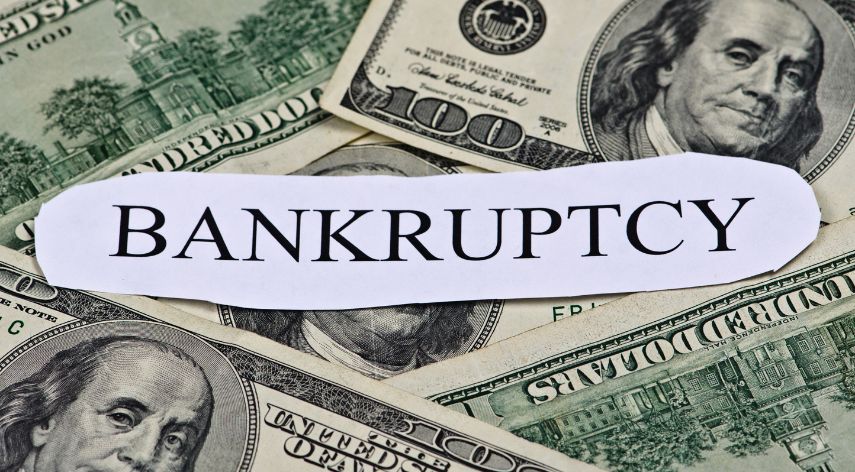Decentralized Finance – DEFI Development Demystified

Decentralized finance or DeFi as it is commonly abbreviated is one of the latest revolutions in the field of finance. Unlike other pieces of technology that have augmented watch existing finance was all about, decentralized finance completely revolutionizes finance as we know it. Let us look at decentralized finance, DeFi development, its advantages, and it’s practical manifestations in the lines below
The relevance… Right now!
There have been a lot of cases for increasing the prominence of DeFi. One of the most recent cases is the global pandemic of COVID-19. While on one side, it has been detrimental to a lot of industries, it has also opened the floodgates for technology, launching it into dimensions that we would have never imagined before. There are on-demand applications that have changed our lifestyles forever, but the field of finance still stays confined to traditional banks that are, by practice, at least four centuries old.
The pandemic lockdown has proved to the world the capabilities of a connected mobile device. Decentralized finance ask buyers to put these independent mobile devices in control of the global financial ecosystem. As the name implies, decentralized finance is all about distributing the concentration of finance away from banks and governments into the hands of people.
What is DeFi?
Decentralized finance, commonly abbreviated DeFi is a decentralized financial application ecosystem built on the dock of the digital ledger call blockchain. All the functionality and operations of the ecosystem are enabled using decentralized applications, known as D’App.
Why DeFi? – The benefits
Any revolutionary change in the existing ecosystem is bound to suffer because of inertia. The financial system spread globally these days is not an exception to being a victim of this inertia mindset. However, given the fact that a lot of established names like JP Morgan have explored the potential of blockchain-based financial systems, it is quite likely that the implementation of DeFi is closer to reality than it was anticipated a few years ago.
What makes DeFi highly lucrative is the modular nature of all the D’Apps. It means that almost any existing financial system can be modified to be accommodated into the decentralized financial ecosystem. If all the advantages can be summed up in a few words, we can talk about P2P communication, permission list, universal access, and transparency.
- The decentralized financial ecosystem is extremely transparent because of the technology on which it is built on – the blockchain technology.
- Since the transactions are affected by smart contracts, the inherent self-executing programs on the blockchain, there is no need for permissions, the establishment of trust, and third-party intermediation, all of which translates into added cost.
- The DeFi ecosystem is extremely flexible and as already seen, can accommodate any D’App.
- Apps using DeFi have the capacity to perform and effect transactions without the involvement of any bank. This can come in handy in places where the traditional banking system is yet to take groups. If we can think of countries like India the mobile devices have reached places where banks have not yet. Which can be considered a good use case for DeFi.
Since the entire ecosystem is open source, you can easily validate the functionality and security of the DeFi system by auditing it, and it is literally open to anyone to perform the audit.
Now that we have talked about security, another inherent advantage of decentralization is security. It is quite know that for someone to access digital funds with malicious intent, they will need to have an access to a central point of compromise which can give them the back door entry to everything that is stored beyond that gateway. Since the DeFi system uses blockchain technology, the cryptographic hashing makes even a single point of compromise extremely difficult to Hank, demanding a lot of computing and electric power. Even if the anchors where to gain access to one of the blocks, it might still be useless for them because one of the properties that keeps blockchain extremely secure is that all the Data on every block needs to be uniform and it requires a consensus of all the participating blocks to update data on the block.
Practical applications of DeFi
Until now, DeFi seems fantastic as a concept but for it to find practical application, there needs to be a few viable use cases.
DeFi can democratize borrowing and lending. Until now, the process of borrowing and lending was confined to central banks, private banks, and a few non-banking financial companies. Simply put, in most cases, things like credit history and bank accounts were essential for any loan to be disbursed. However, with decentralized finance, borrowing, lending, and exchanging services can be enabled without the existence of a bank account. The next question that everyone would want to ask is regarding the counterparty risk. Since the entire system is built on the blockchain, count about the risk is considerably reduced and in addition, it also makes the entire process cheaper, faster, and reliable.
Decentralized exchanges can be considered the prototype for demonstrating the effectiveness and practicality of decentralized financial ecosystems. While most of the cryptocurrency trading was done on centralized exchanges, decentralized crypto exchanges give an effective alternative, foreshadowing decentralized market places. The ownership of digital assets and financial instruments is issued by the blockchain technology itself. The reliability is taken care of by smart contracts. The trust is handled by an escrow system enabled by a smart contract. All of this happens without any intervention from a third-party, making the entire system simple, secure, and cheap.
Monetary banking is one place that decentralized finance needs to effectively addressed. After all, it is one of the most primary territories where the current centralized banking ecosystem has its strongest hold. To ensure that DeFi effectively takes over the central banking system, it needs to provide all the services that are available. The services include insurance, mortgages, and digital payments. As we have already seen, the blockchain technology is capable of handling transactions but the only catch is that right now, it can handle only cryptocurrency. With the introduction of stablecoins, it might soon be possible for DeFi to completely replace traditional banking and monetary services.
Conclusion In spite of there being so many certainties and uncertainties on decentralized finance, DeFi development is slowly gaining prominence. The next big thing in the world of finance is going to be spearheaded by blockchain technology companies and of course, by the stalwarts in the history of finance who have the foresight to be well ahead in the game. If you are one of those aspiring fintech entrepreneurs, all you need to do is get in touch with a reputable blockchain development company specializing in DeFi. They will take care to understand your business requirement and give you the perfect DeFi solution!
Alfred Williams, a distinguished business writer, navigates the corporate landscape with finesse. His articles offer invaluable insights into the dynamic world of business. Alfred's expertise shines, providing readers with a trustworthy guide through the complexities of modern commerce.
Recommended For You
Spread the love In the ever-expanding digital landscape, online trading platforms have become a staple for savvy consumers looking to
Spread the love Have you heard about fiat-to-crypto exchange? One area that continually captures the attention of both seasoned investors
Spread the love Much like any skill you master, financial stability sometimes requires a bit of practice. In the world





